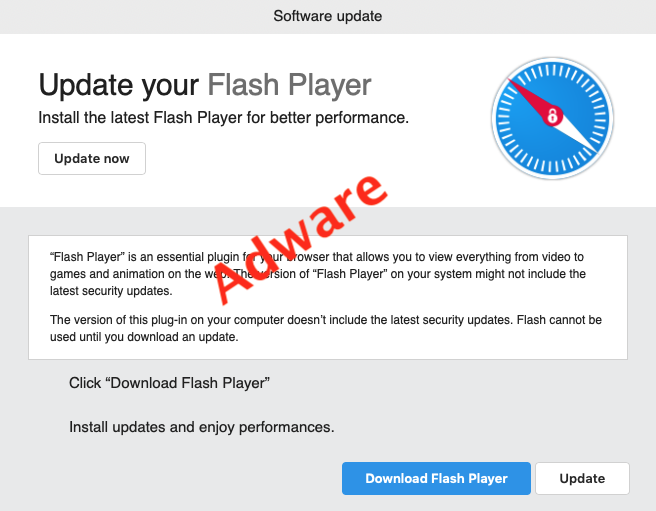

This is almost always the first thing I do when troubleshooting Macs: Chances are, the user hasn't installed a security update or other software updates that may be slowing their computer to a crawl. If you're working on a computer that has slowed down beyond reasonable aging or is otherwise acting beyond the pale, here are my favorite tactics you can take to try and restore it to its former glory. I knew I had a malfunctioning laptop on my hands, so I turned to my age-old troubleshooting checklist.

But because they were there, they were constantly crashing aspects of his Mac. These hijacks didn't appear to be able to do much beyond slow down his machine with endless failed attempts to run a program - the process didn't have admin permissions, so it couldn't execute a thing from the library. It's likely that he accidentally installed one of these "security" programs (or had it installed), which spiraled out of control from there. Now, I want to preface: I'd never seen an attack like this on a Mac before in my life, and finding this kind of full-Mac hijack is very rare. And worst of all, they'd seemingly added a bunch of nonsense files into this computer's Library folder, with random folder names like "prestidigitation" and "beeswax". Upon further investigation, I found a couple of self-professed "Mac security programs" that popped up, demanding money to "clean your Mac from junk". We got rid of the browser hijack pretty quickly - I suggest using Cella's excellent how-to if you ever run into a browser hijack yourself - but the slowdowns were more curious. It was clear to me that his browser had been hijacked.
Mac cleaner ads keep popping up pro#
My father-in-law's MacBook Pro had been running into curious slowdowns for a two-year-old laptop and he kept on seeing weird sites taking over his Safari and Firefox search bars. Serenity Caldwell writing for iMore in 2017: The problem: Mac malware in the Library folder


 0 kommentar(er)
0 kommentar(er)
